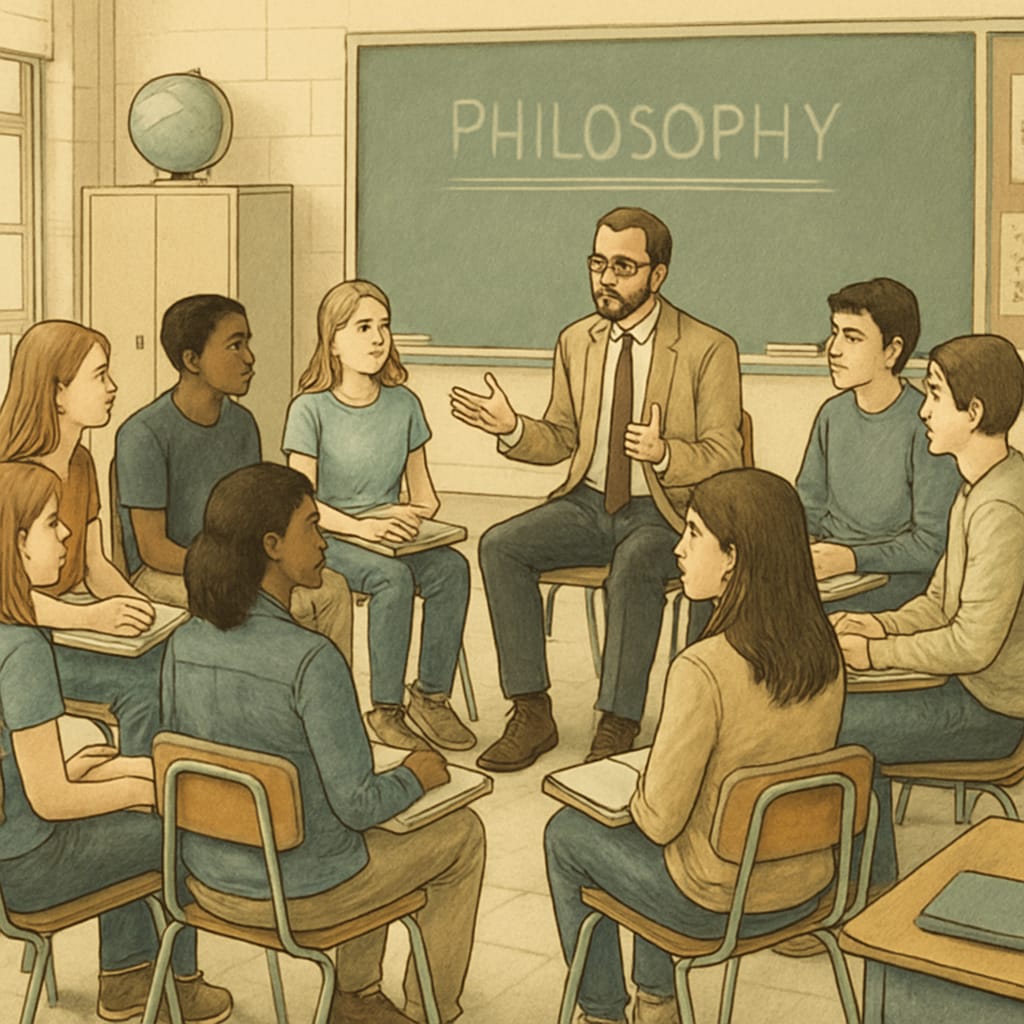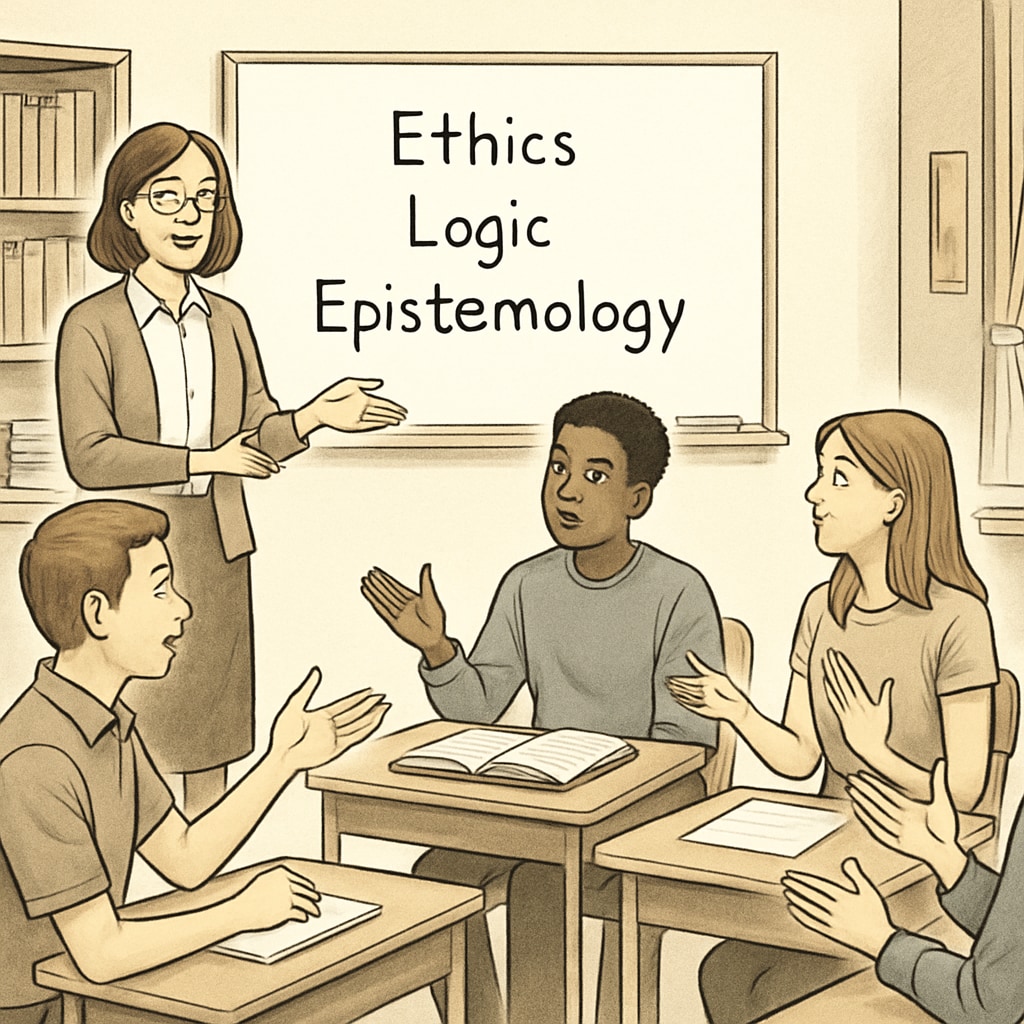The inclusion of philosophical thinking in K12 education has gained attention in recent years as educators and researchers seek innovative ways to develop students’ critical thinking, problem-solving, and ethical decision-making abilities. A new social experiment aims to explore this integration by inviting philosophy teachers to participate as volunteers. This initiative seeks to uncover how philosophy can reshape traditional learning paradigms and prepare students for a complex, interconnected world.
Why Philosophy Matters in K12 Education
Philosophy is often associated with abstract concepts and deep intellectual debates, but its practical benefits in K12 education are profound. Incorporating philosophy into the curriculum offers students tools for critical analysis, logical reasoning, and self-reflection. For example, teaching students to question assumptions and evaluate arguments empowers them to make informed decisions and engage constructively in discussions.
Moreover, philosophy promotes empathy and moral reasoning. By exploring ethical dilemmas and diverse perspectives, students learn to appreciate various viewpoints and develop a sense of fairness and justice. This aligns with the broader educational goal of nurturing responsible, thoughtful citizens.

How the Social Experiment Works
Participants in the social experiment will collaborate with educators and researchers to design, implement, and evaluate philosophy-focused lessons within the K12 framework. As volunteers, philosophy teachers will introduce students to philosophical principles through interactive activities such as debates, thought experiments, and ethical case studies.
The study aims to measure outcomes such as improved critical thinking, enhanced problem-solving skills, and greater ethical awareness. Insights gained from this initiative could pave the way for broader adoption of philosophy in schools, transforming traditional education into a more holistic experience.

Calling Philosophy Teachers to Action
If you’re a philosophy teacher eager to make an impact, this social experiment offers a unique opportunity to apply your expertise in a meaningful way. Engaging with young minds can be incredibly rewarding, as you help shape the next generation’s ability to think critically and act ethically.
Volunteering in this initiative not only contributes to educational innovation but also advances research in pedagogical methods. Your participation can inspire new strategies for teaching philosophy in schools and highlight its universal relevance across disciplines.
For more information on the benefits of philosophy in education, visit Philosophy of Education on Wikipedia or explore resources on Britannica’s Philosophy of Education page.
Join the Movement
The integration of philosophy into K12 education is more than an academic exercise—it’s a transformative approach to learning. By participating in this social experiment, philosophy teachers and volunteers have the chance to redefine education and empower students to navigate the complexities of modern life with wisdom and integrity.
Are you ready to make a difference? Sign up today and become part of this exciting journey toward thoughtful education.
Readability guidance: Short paragraphs and clear subheadings ensure easy navigation. Lists summarize key points effectively, while transitions like “for example” and “as a result” enhance flow.


